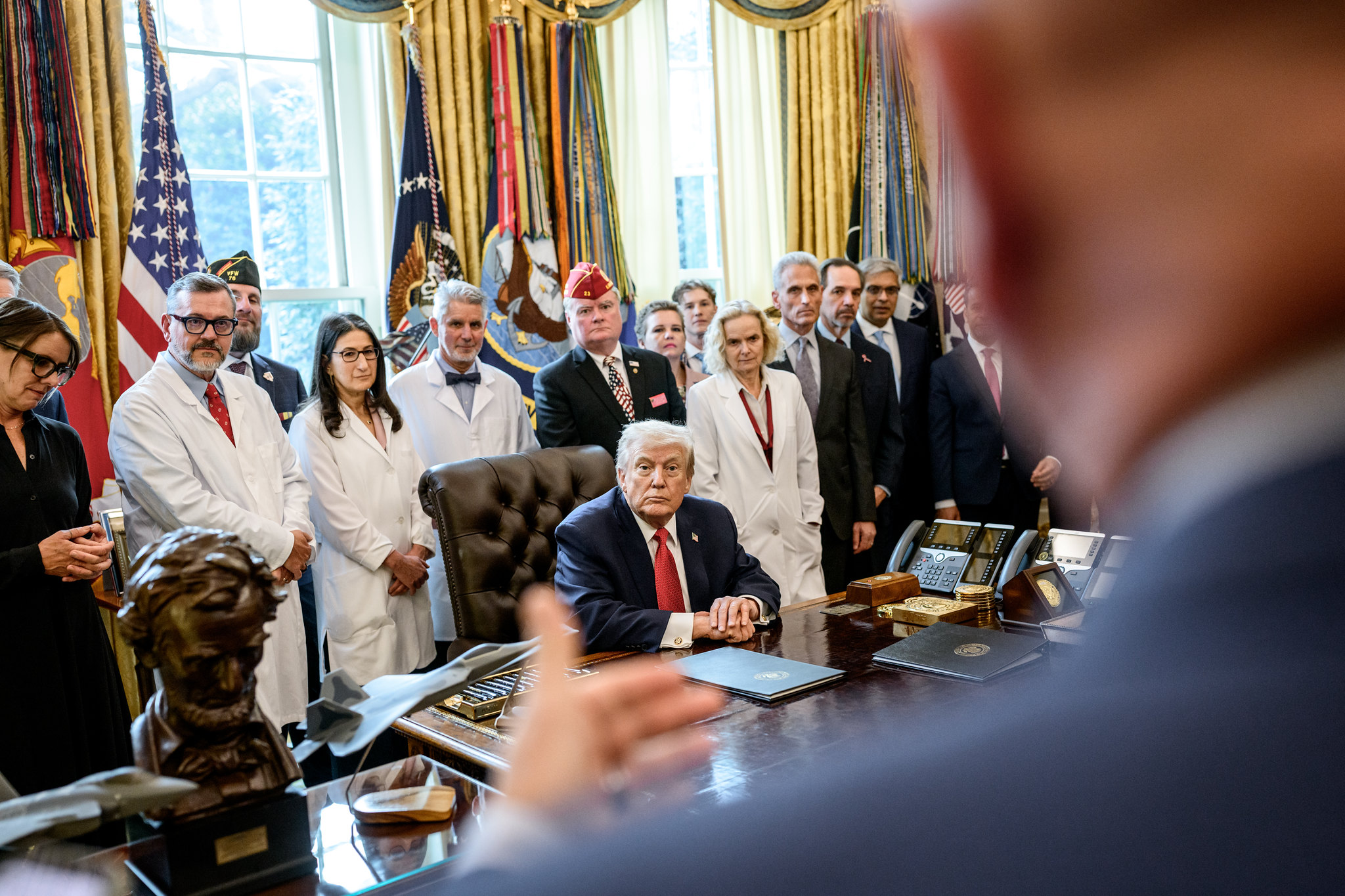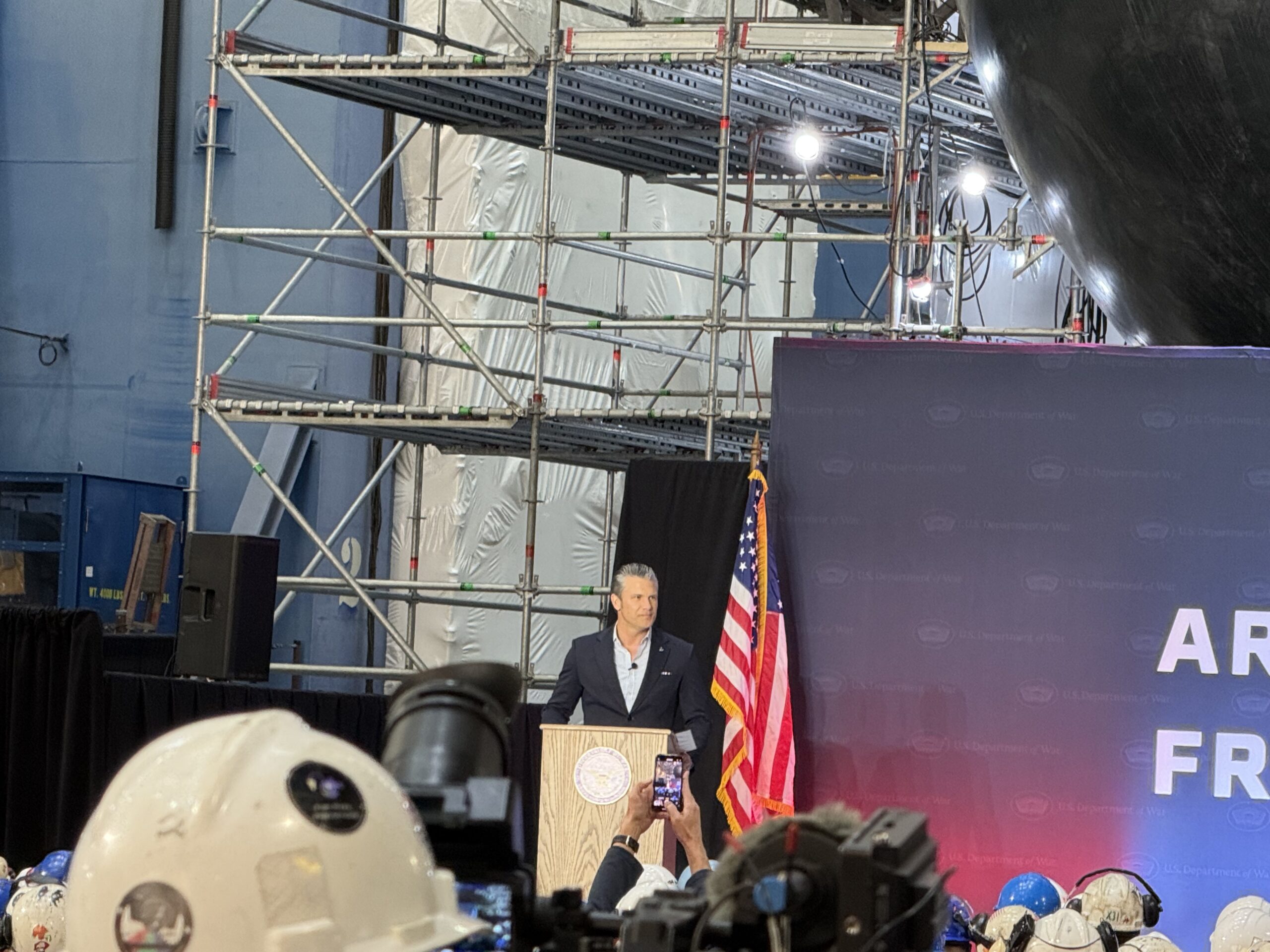Pete Hegseth’s Senate showdown: Seven takeaways
The article discusses Defense Secretary Pete Hegseth’s recent Senate testimony regarding the Pentagon’s fiscal 2026 budget proposal, marking his first appearance since his confirmation.Hegseth faced scrutiny over various issues, including the ongoing Russia-Ukraine conflict, the Pentagon’s focus on diversity, equity, and inclusion (DEI), and the deployment of National Guard troops and Marines in Los Angeles amid local protests.
key takeaways include his assertion that Russia is the aggressor in the Ukraine conflict, although he refrained from stating which side the U.S. supports. Hegseth defended his management’s decision to remove DEI elements from the military,insisting on a merit-based approach.He also justified the deployment of troops as necessary for law and order but highlighted legal limitations on thier engagement.
The hearing also included contentious discussions over a deal involving a retrofitted Boeing 747 from Qatar, prompting demands for clarity from Democratic senators. Additionally, discussions addressed emerging threats from China and Iran and suggested the need for increased military preparedness in light of these challenges. Lastly, concerns were raised about military flight safety and the focus on Greenland over Alaska in Arctic strategy.
Seven takeaways from Pete Hegseth’s Senate showdown over Pentagon spending
Defense Secretary Pete Hegseth returned to Capitol Hill on Wednesday for his first Senate appearance since his January confirmation amid renewed scrutiny following reports of disarray in the Pentagon earlier this year.
Hegseth, who was joined by Gen. Dan Caine, Joint Chiefs of Staff chairman, testified before the Senate Appropriations Committee to defend the Defense Department’s fiscal 2026 budget proposal.
The hearing unfolded as the Trump administration faces criticism over its decision to deploy National Guard troops and Marines to Los Angeles in response to protests over local immigration raids. Hegseth testified before the House on Tuesday.
The Trump administration’s budget plan seeks a 13% increase in defense spending, with funding aimed at bolstering homeland security, deterring Chinese aggression in the Indo-Pacific region, and rebuilding the nation’s defense industrial base.
Here are seven of the biggest moments of the hearing:
Stance on Ukraine-Russia conflict
The first line of questioning Hegseth faced from lawmakers was on the Russia-Ukraine war and the administration’s stance on the conflict.
He affirmed that Russia is the aggressor, but declined to specify which side the United States wants to win the war, instead referencing Trump’s support for a negotiated end to the conflict.
“Here we are at a plant where Vladimir Putin knows that President Trump is strong,” Hegseth said. “He knows his word means something, and as a result, a negotiated peace in Ukraine makes America look strong, makes us look like we understand the state of the world and where we want to be focused, even if we understand that Russia is the aggressor, and we applaud the efforts of the Ukrainians.”
Some military aid is still going from the U.S. to Ukraine, though the Trump administration is pursuing a much smaller budget for Ukraine aid in the next fiscal year; details remain murky.
Hegseth also said it “remains to be seen” whether Russian President Vladimir Putin will limit his military gains to only Ukraine, while Caine said, “I don’t believe he is.”
Sen. Lindsey Graham (R-SC), who asked the question about Putin’s larger ambitions, warned them that, “Russia will dismember Ukraine and keep going if we don’t stop them.”
Hegseth’s bumpy first few months
Hegseth took a couple of barbs from Democratic lawmakers on the committee over decisions and missteps he made in his first couple of months on the job.
Many but not all of the criticisms were responses to his and the Trump administration’s efforts to eliminate diversity, equity, and inclusion, whether positions, programs, references on social media, websites, or books deemed supportive of those policies in libraries on military bases.
“Mr. Secretary, I’m also concerned that far more of your time so far has been spent inside the building on culture wars, rather than outside the building deterring real ones,” said Sen. Chris Coons (D-DE), the top Democrat on the subcommittee. “This administration began by firing a long list of qualified uniformed leaders without cause, the Chairman of the Joint Chiefs, Chief of Naval Operations, the Vice Chief of the Air Force, the head of the National Security Agency, the US military representative to NATO, the director of the defense health agency, the head of the Coast Guard and all of the service judge advocates general.”
Hegseth reiterated on Wednesday that one of his three primary objectives as secretary has been to remove all DEI references from the Defense Department.
“We’re refocusing on what’s important, our warriors. We’re sweeping away distractions and bloated bureaucracy,” he explained to lawmakers. “We set standards that are high, equal, and unwavering. DEI is dead. We replaced it with a color blind, gender neutral, merit-based approach, and our force is responding incredibly positively to these changes.”
Sen. Tammy Baldwin (D-WI) criticized Hegseth’s decision to order the Navy’s renaming of a vessel that was named after famed gay activist and former Navy veteran Harvey Milk, who responded publicly for the first time on the subject since news broke of the decision last week.
“We’re not interested in naming ships after activists,” Hegseth said. “That’s the stance we’re taking.”
Deployment of National Guard, Marines to Los Angeles
Hegseth has defended Trump’s decision to deploy around 4,000 National Guard troops and another 700 active-duty Marines to Los Angeles over the anti-Immigration and Customs Enforcement riots that have taken place there over the last several days.
Their mission currently “is not about lethality,” he said, adding, “It’s about maintaining law and order on behalf of law enforcement agents who deserve to do their job without being attacked by mobs of people.”
The dispute over the mission these service members are in Los Angeles to provide underscores the complexities involved with deploying U.S. troops domestically.
By law, they are not allowed to carry out arrests, and they’re only allowed to defend law enforcement officers and federal property unless the president chooses to invoke the Insurrection Act. Trump has yet to do that but has publicly discussed the possibility.
Senate Democrats demand details of Qatari 747 deal
Hegseth faced sharp questioning from Senate Democrats on Wednesday over the Pentagon’s deal to accept and retrofit a Boeing 747 gifted by Qatar. Hegseth repeatedly refused to disclose key contract details or delivery timelines, citing an unsigned memorandum of understanding and classified information.
Sen. Jack Reed (D-RI) pressed, “Why can’t it be revealed? This is the Appropriations Committee of the United States Senate. We appropriate the funds you will spend after authorization by this committee, yet you refuse to disclose the cost.”
Hegseth replied, “That cannot be revealed in this setting,” but offered to provide details privately.
Reed called the deal “a bad deal for the public” and accused the administration of “just gratifying the presidency.” When pressed about the delivery schedule, Hegseth said it was “too sensitive to share,” a claim Reed rejected as unnecessary secrecy.
Sen. Brian Schatz (D-HI) questioned the origins of the deal, saying, “It very much matters what the paper flow was, who started these conversations that come out of the White House … We are entitled to know.”
He called for full transparency amid concerns the arrangement could be illegal or unconstitutional.
Sen. Chris Murphy (D-CT) challenged the investment in retrofitting the plane, given that new Air Force One jets are expected by 2027.
“It doesn’t stand to reason that you will be able to retrofit the plane from Qatar much sooner than 2028,” Murphy said. “If this contract ends up being half a billion dollars and the gap only ends up being six months, that doesn’t sound like a wise investment for this committee to make.”
Murphy also raised alarms over plans to transfer the jet to Trump’s presidential library, saying, “The president said on May 12 that this plane would be transferred to his Presidential Library at the end of his term.”
“Why would we ask the American taxpayer to spend upwards of a billion dollars on a plane that would then only be used for a handful of months and then transferred directly to the president?” Murphy pressed.
Hegseth defended the secrecy of the modifications, saying, “A lot of the capabilities … are and should remain classified. So there are reasons why you might modify, even for a short period of time, an aircraft to ensure the safety and security of the president.”
Murphy called the arrangement “extraordinary,” concluding, “We’re talking about a pretty massive investment of appropriations dollars into a plane … planned to be transferred personally to the president. There are a lot of other pending needs that we need to fund. This would seem to be low on the list.”
Graham confronts Pentagon on threats from China and Iran
In a wide-ranging exchange, Graham pressed Hegseth and Caine on global threats, drawing historical parallels to the 1930s to underscore the stakes.
He warned against underestimating Iran’s nuclear ambitions, arguing that the regime poses an existential threat to Israel and would likely use a nuclear weapon if it acquired one.
“I’m trying to get everybody to think, let’s not do what we did in the 30s. They’re going to use a nuclear weapon if they get it,” Graham said, before asking the officials if Tehran would use a nuclear weapon if it obtained one.
Hegseth responded that he believes Iran “means what they chant,” while Caine said Iran would likely use a nuclear weapon as leverage but did not rule out the possibility of a direct attack. Hegseth and Caine confirmed there is strong evidence Iran is pursuing nuclear capabilities.
Turning to China, Graham questioned whether Beijing intends to take Taiwan by force. Hegseth said China has not yet made that decision but noted its aggressive military exercises suggest serious intent.
Caine added that while China’s exact strategy is uncertain, its ambitions are clear, and the U.S. must be prepared. Graham concluded by urging deterrence and increased defense spending, warning that inaction could embolden adversaries like Iran and China.
“The point is, these budgets are important, but we need to up our game. We need to build more ships, because China is building more ships. So we need to hit the enemy before they hit us,” Graham said.
Jerry Moran seeks Pentagon helicopter flight restrictions after DCA collision
Sen. Jerry Moran (R-KS) pressed Hegseth on the fatal midair collision in January near Ronald Reagan Washington National Airport that killed 67 people, many of them Kansans.
Moran noted that since the incident, at least seven additional helicopter flights have launched from the Pentagon, six during high-traffic periods, including one on May 1 that forced two commercial planes to abort landings. He asked Hegseth to commit to maintaining a ban on all nonessential Pentagon-based rotary flights, including VIP transport, until the Department of Transportation and the Federal Aviation Administration confirm it is safe to resume.
Hegseth responded that the incident was “very tragic” and emphasized that such a failure “can never happen again.”
“You have our assurance … only flights that would be even in a modified path would be those that are necessary and authorized,” Hegseth said, mentioning that there is no authorization for VIP or convenience flights in the affected corridor and affirming the Defense Department is following DOT recommendations closely.
Hegseth assured Moran that the current flight restrictions remain in place while a long-term safety assessment is underway.
Focus on Greenland, not Alaska, for Arctic access
At the end of Wednesday’s hearing, Sen. Lisa Murkowski (R-AK) criticized the Defense Department’s diplomatic focus on Greenland instead of her home state, which is already a part of the country.
“I will share with you that I’m a little bit frustrated where we’ve got, we’ve got stated support for the role in the Arctic region, and I’m assuming that means the U.S. Arctic region. There is a seeming fixation on Greenland that I think sends, I don’t know whether it’s a troubling signal or a mixed signal, that we’re looking past the significance of the U.S. Arctic and the area that is already part of the United States, and happily so,” she said.
Hegseth and Caine acknowledged Alaska’s strategic significance, given its proximity to the Arctic and to China and Russia, the two biggest U.S. adversaries.
HEGSETH REFUSES TO DISCLOSE DETAILS OF AIR FORCE’S QATAR JET DEAL
“It’s difficult to understate the strategic significance of Alaska, whether you’re looking at INDOPACOM, whether you’re looking at Russia, whether you’re looking at the Arctic, whether you’re looking at space-based capabilities, whether you’re looking at energy, you name it,” Hegseth acknowledged.
In recent years, defense officials have begun viewing Beijing as their primary challenge on the global stage, and they are looking to refocus their resources accordingly.
" Conservative News Daily does not always share or support the views and opinions expressed here; they are just those of the writer."



